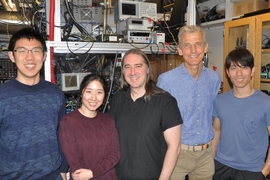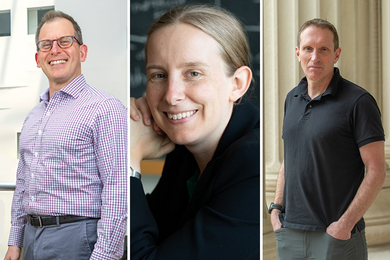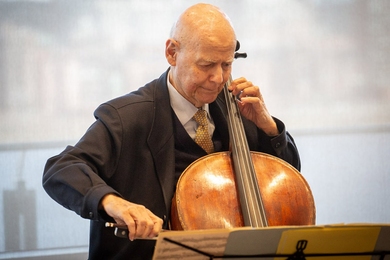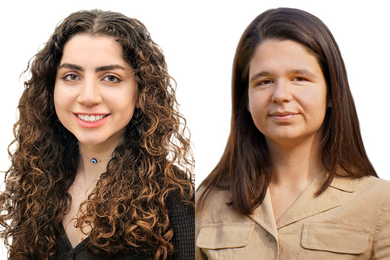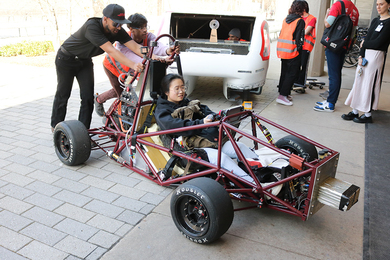The U.S. National Science Foundation’s Physics Frontiers Centers program renewed a grant to the MIT-Harvard Center for Ultracold Atoms (CUA) to fund exploring, understanding, and harnessing mysterious phenomena at the frontiers of physics.
The CUA, which works to enable greater control and programmability of quantum-entangled systems of low-temperature atoms and molecules, will conduct experiments involving quantum gases of atoms and molecules; arrays of exotic atoms in Rydberg states containing a single, highly excited electron; atom-like impurities in semiconductors; and an “unusual” linking of light and matter known as "strong coupling" with the potential for new applications in measurement, sensing and networking.
“At MIT and Harvard, we are all excited to have continued funding for the Center for Ultracold Atoms, which has made a big difference for our community of researchers,” says Professor Wolfgang Ketterle, who added that it is critical to provide adequate funding for new projects and for junior individuals who have joined the CUA.
“CUA is one of the centerpieces of MIT’s strength in quantum science and measurement, and the renewal of the CUA grant is fantastic news,” says physics department head Deepto Chakrabarty.
Ketterle is a member of the CUA group receiving the funding, along with Vladan Vuletic, Martin W. Zwierlein, Paola Cappellaro, Isaac Chuang, Soonwon Choi, Richard Fletcher, and Dirk Englund.
The CUA is one of four U.S. research centers to be backed by a total of $76 million; the three other recipients are the University of Chicago, Caltech, and the University of Colorado at Boulder.
The NSF Physics Frontiers Centers program brings together large teams of researchers for projects that will require years of concentrated effort, a range of scientific and technical expertise, and new types of equipment. NSF now actively supports eight physics centers.
The centers offer extensive training and mentorship programs for undergraduate and graduate students, as well as postdocs, to nurture future leaders in the field of physics and to strengthen the scientific workforce in the United States. Additionally, the centers also seek to boost middle and high school students’ interest in STEM careers via educational games, videos, workshops, summer schools, and outreach activities.
“Research teams at NSF Physics Frontiers Centers have made breakthrough after breakthrough, such as creating remarkable new states of matter and revealing the first evidence for the gravitational wave background of the universe,” says NSF Director Sethuraman Panchanathan. “While different in their respective areas of focus, NSF's newly funded centers are all bold team efforts to punch through to exciting new vistas of scientific exploration. Achieving transformative opportunities requires us to reach those vistas through new technologies and other advances and have a look around.”


